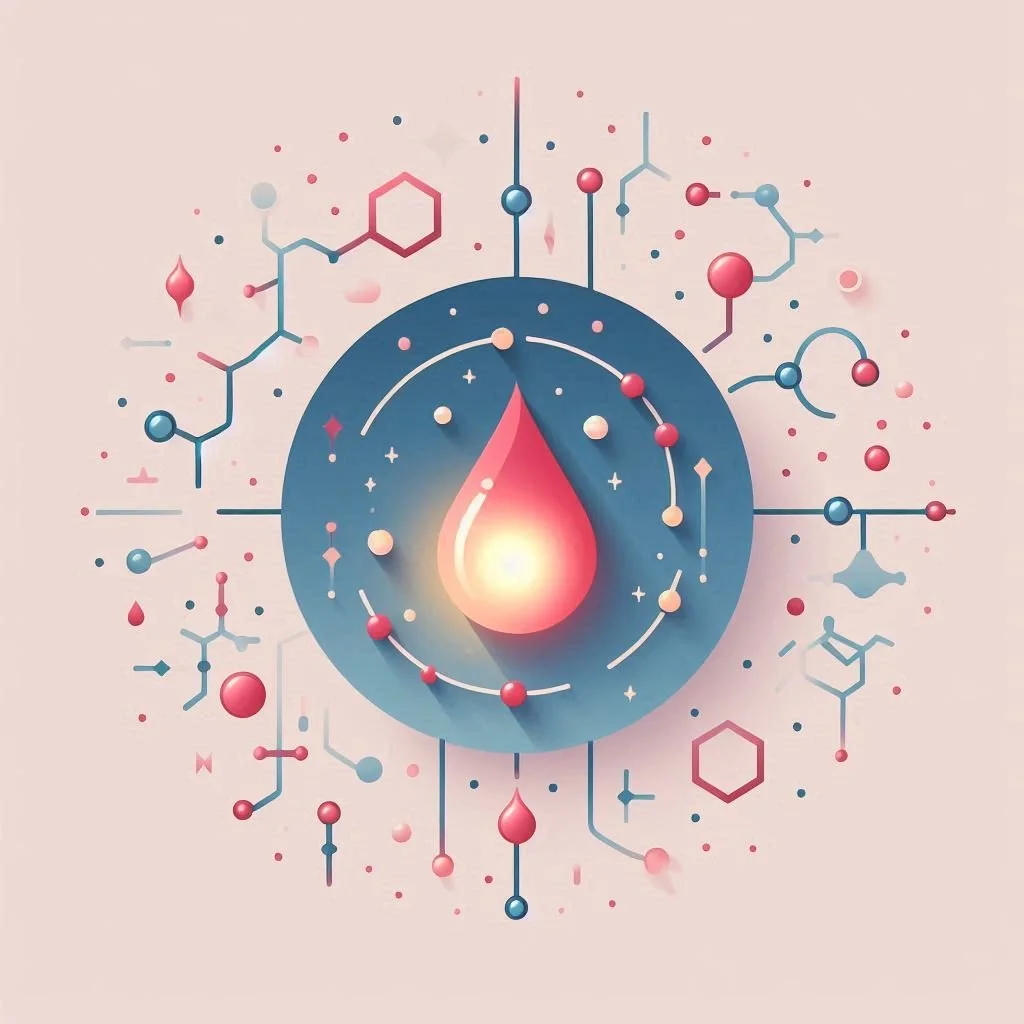Episode 35: Exercise Strengthens Immune Response in Cancer Treatment
Can exercise during chemotherapy improve cancer outcomes? New research shows structured exercise boosts immune responses, shrinks tumors, and improves recovery in patients with esophageal cancer. Listen to our full episode debriefing this research here.
Episode 34: Cancer Cells Poison the Immune System
How do cancer cells evade the immune system? New research shows cancer cells transfer defective mitochondria to T cells, weakening their ability to fight tumors. Blocking this process could improve immunotherapy. Listen to our full episode debriefing this research here.
Episode 33: Potent New Weapon Against Cancer
How can stronger antibodies improve cancer immunotherapy? New research shows that rigid antibodies trigger stronger immune responses, offering promise for more effective cancer treatments. Listen to our full episode debriefing this research here.
Episode 32: New “Smart” Immune Cells
What are Echo-Back CAR-T cells, and how do they fight solid tumors? These smart immune cells are activated by ultrasound signals, targeting solid tumors with precision and staying active for up to 5 days, offering hope for cancers like glioblastoma and prostate cancer. Listen to our full episode debriefing this research here.
Episode 31: Stem Cells May Hold The Key to Beating Cancer
Why does bowel cancer often come back after treatment? New research reveals “revival stem cells” avoid destruction during treatment, reactivating to fuel relapse. Scientists are working on therapies to stop this process. Listen to our full episode debriefing this research here.
Episode 30: Protein Slayer Drugs Beat Cancers
How could PROTACs change childhood cancer treatment? PROTACs eliminate harmful "undruggable" proteins, offering new hope for treating aggressive childhood cancers like neuroblastoma. Listen to our full episode debriefing this research here.
Episode 29: Major Breakthrough in Cancer Detection
What is cell-free RNA, and how can it revolutionize cancer care? Stanford scientists developed a blood test that reads cell-free RNA, offering early cancer detection and personalized treatment from just a simple blood draw. Listen to our full episode debriefing this research here.
Episode 28: Targeting DNA Glitches to Cure Cancer
Can nine IV infusions cure cancer? A new treatment for tumors with mismatch repair deficiency helped 80% of patients become tumor-free, avoiding surgery, chemo, and radiation. Listen to our full episode debriefing this research here.
Episode 27: CT Scans May Cause 100,000+ Cancer Cases
Can CT scans increase cancer risk? New research shows that frequent CT scans expose patients to ionizing radiation, potentially leading to 100,000 additional cancer cases, highlighting the need for judicious use. Listen to our full episode debriefing this research here.
Episode 26: Diet Shown to Have an Important Effect on Lung Cancer
Can diet influence lung cancer risk? New research shows that a high-fat, high-sugar diet fuels lung cancer growth by increasing glycogen levels in cells, highlighting the importance of a balanced diet. Listen to our full episode debriefing this research here.
Episode 25: Yogurt May Reduce Colorectal Cancer
Can yogurt lower your risk of colorectal cancer? New research shows eating two servings of yogurt per week may reduce the risk of certain types of colorectal cancer by 20%, thanks to its impact on gut bacteria. Listen to our full episode debriefing this research here.
Episode 24: USC Scientists Create Smart Cancer-Fighting Cells
What are Echo-Back CAR-T cells, and how do they fight cancer? Echo-Back CAR-T cells respond to ultrasound, target tumors precisely, and work five times longer than current therapies, offering hope for solid tumor treatment. Listen to our full episode debriefing this research here.
Episode 23: Cancer Vaccine Breakthrough
How does a new cancer vaccine work? A breakthrough vaccine from Tufts University uses a lysate of tumor proteins to train the immune system to attack cancers like melanoma, lung, and breast cancer, offering hope for long-lasting protection. Listen to our full episode debriefing this research here.
Episode 22: Flash Radiotherapy, a Revolutionary Approach to Cancer Treatment
What is flash radiotherapy, and how could it revolutionize cancer treatment? Flash radiotherapy delivers ultra-high doses of radiation in under a second, destroying tumors while sparing healthy tissue. Human trials show fewer side effects and promising results. Listen to our full episode debriefing this research here.
Episode 21: New Hope for Childhood Brain Cancer Treatment
How could a new drug transform childhood brain cancer treatment? CT179 targets cancer stem cells, blocks tumor growth, and prevents recurrence, offering hope for better survival rates and quality of life in children with brain cancer. Listen to our full episode debriefing this research here.
Episode 20: Breakthroughs in Understanding Cancer Risks
How do our genes influence cancer risk? New research identifies 400 gene variations linked to 13 cancers, offering hope for better prevention, earlier detection, and personalized treatments. Listen to our full episode debriefing this research here.
Episode 19: What Is in Our Water Can Hurt Us
How are "forever chemicals" linked to cancer? New research shows PFAS in drinking water are tied to higher rates of cancers like kidney, breast, and digestive system cancers, highlighting the need for stricter regulations. Listen to our full episode debriefing this research here.
Episode 18: Stopping Brain Cancer Before It Starts... a Breakthrough in Childhood Brain Tumors
Can we stop childhood brain cancer before it starts? New research shows that blocking a protein called OIG2 can prevent tumor formation and regrowth in aggressive brain cancers like medulloblastoma, offering hope for better treatments. Listen to our full episode debriefing this research here.
Episode 17: Household Chemicals and Canine Cancer
How do household chemicals affect your dog’s cancer risk? New research shows that common chemicals like flame retardants and phthalates increase bladder cancer risk in dogs—and may pose similar risks to humans. Listen to our full episode debriefing this research here.
Episode 16: Revolutionizing Breast Cancer Screening With Metabolomics
How could metabolics revolutionize breast cancer detection? New research shows that blood markers like the glutamine-glutamate ratio can detect breast cancer years earlier than mammograms, offering a more accurate, noninvasive screening method. Listen to our full episode debriefing this research here.




















